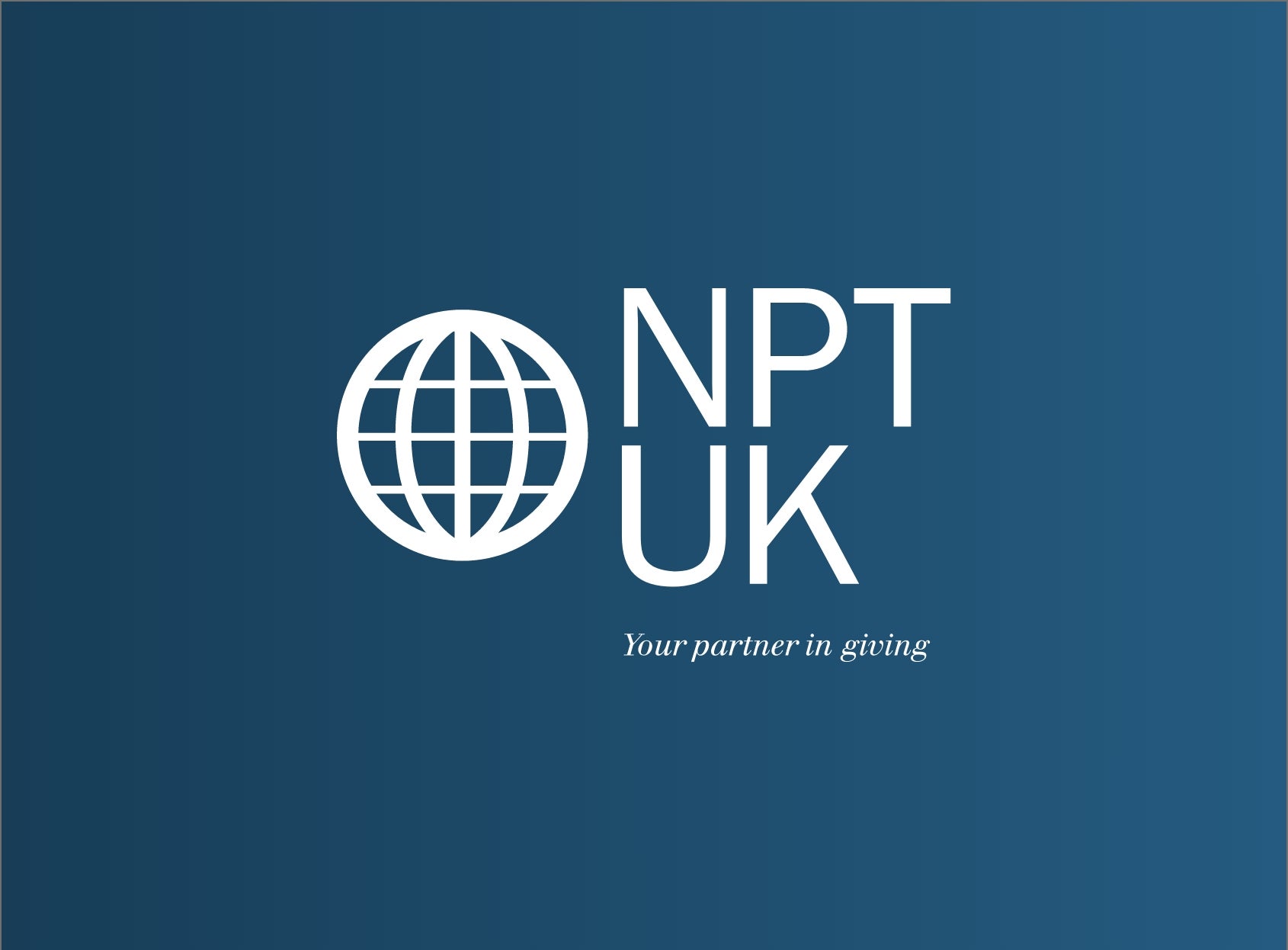Choosing the Right Vehicle for Giving: Donor-Advised Fund or Foundation

This article originally appeared on Philanthropy Impact.
Donor-advised funds (DAFs) are a well-established vehicle for philanthropy in the United States – where contributions to DAFs reached $23.27 billion in 20161 – and their popularity in the UK is growing2. While they serve a similar purpose to foundations3 (and offer similar tax benefits), there are important differences between these charitable giving vehicles. Below we outline some of the main factors to consider when advising clients on which vehicle is best suited to their needs.
Ease of set up
While both the setting-up costs and financial entry point for a foundation have fallen in recent years, aided by technology and outsourcing, a donor-advised fund is generally much easier, cheaper and faster to establish, and a better option for those with more modest funds. DAFs can be set up almost immediately, whereas it can take several months to complete the necessary registrations to establish a foundation and involve considerable costs (e.g. legal and administrative fees).
Hands-on vs hassle-free
The main benefit of a foundation is the level of control it allows its founder(s), whereas a DAF is technically controlled by the board of its charity sponsor, not the individual or family who contribute to it. In a DAF, the donor’s wishes as to where grants are made are ‘recommendations’, although in practice these recommendations are almost invariably followed. (The DAF sponsor reviews the grant recommendation and conducts the due diligence on the recipient grantee before approving the donor’s recommendation and paying out the grant – thereby removing the burden of such compliance checks from the donor.) Both foundations and donor-advised funds are able to negotiate the conditions of more complex grant agreements – for example, set out the terms of endowing a building at a school or hospital.
The downside of such control is the administrative burden it entails. A foundation must ensure it is compliant with all necessary regulations (such as registration with Companies House and the Charity Commission, compliance with HMRC and any relevant overseas tax regulators). It must also handle the day-to-day running of the organisation, any due diligence on recipients, etc – all of which can be time-consuming and expensive. The charitable sponsor of a donor-advised fund will handle all of this.
Employing a Staff and Board
Foundations can hire their own staff, including family members, and appoint their own Board of trustees. Again, this gives more control, but brings added administrative and reporting duties. With a donor-advised fund there is no such responsibility – the fund is administered and all aspects of governance are handled by the sponsoring charity. The donor authorises someone to act as ‘advisor’ and this ‘advisor’ recommends how the DAF assets should be invested and which grants should be paid from the DAF. DAFs are also an ideal choice for families where there are no clear-cut candidates for such roles, or where internal tensions would arise from employing certain family members over others.
Anonymity vs public giving
If a client wants to be visible in their giving – for instance, to enhance the family reputation for philanthropy or promote a cause by their connection with it – a foundation is a viable option. However, a charitable foundation must maintain public records, whereas DAF grants can be anonymous. So, for clients who favour keeping their donations private, perhaps for religious or social reasons, a donor-advised fund is the clear choice.
Flexibility
A key advantage of foundations is the ability to run operational programmes as well as making grants to other charities. In contrast, DAFs may only make grants to other charities. If the donor wants to set up a youth programme, run an after-school programme or carry out any other operational activities, a foundation is the right choice.
Foundations may also have considerable discretion when it comes to making grants in ways that are not always available to DAFs (for instance, a foundation may make gifts to private individuals / families in hardship, etc.) However, a foundation may also be limited by its ‘core mission’. Many foundations have a central cause they are committed to, and this can be difficult to expand on or change. DAFs offer more flexibility in this area, since grants can be made to a wide range of charities from one fund, and recipients or the area of their grant-making focus can be changed as necessary.
Indeed, donors sometimes set up a foundation with the intention of running operational programmes, but end up only making grants to other charities. Eventually, many of these donors convert their grant-making foundations into DAFs to ease their administrative burden and lower their operating costs.
Not necessarily ‘either/or’
Both vehicles have their advantages, depending on the specific needs of a client: the amount of operational control they desire, the time and resources they can devote to their involvement with the vehicle, and other factors such as family dynamics or the need for anonymity.
Perhaps the real benefit of the increasing awareness and popularity of DAFs in the UK is that they offer an option for philanthropy which is not just an alternative to foundations for clients who do not wish to incur such an administrative burden, but that they can be seen as a complementary vehicle rather than a competing one – offering clients a broader and more flexible choice. It is now not uncommon for clients to channel their philanthropic giving through a combination of vehicles, utilising both a foundation and donor-advised funds. This allows the client to focus their personal involvement on their favoured cause via their foundation, while handling the remainder of their giving with the minimum of fuss though donor-advised funds.
1 https://www.nptrust.org/daf-report/
2 http://www.npt-uk.org/philanthropic-resources
3 There is no distinct legal definition of a ‘charitable foundation’ in the UK. The term ‘foundation’ is used as a general term to describe the various charitable legal entities available in the UK (e.g. a charitable trust, a charitable company, a charitable incorporated organisation).

